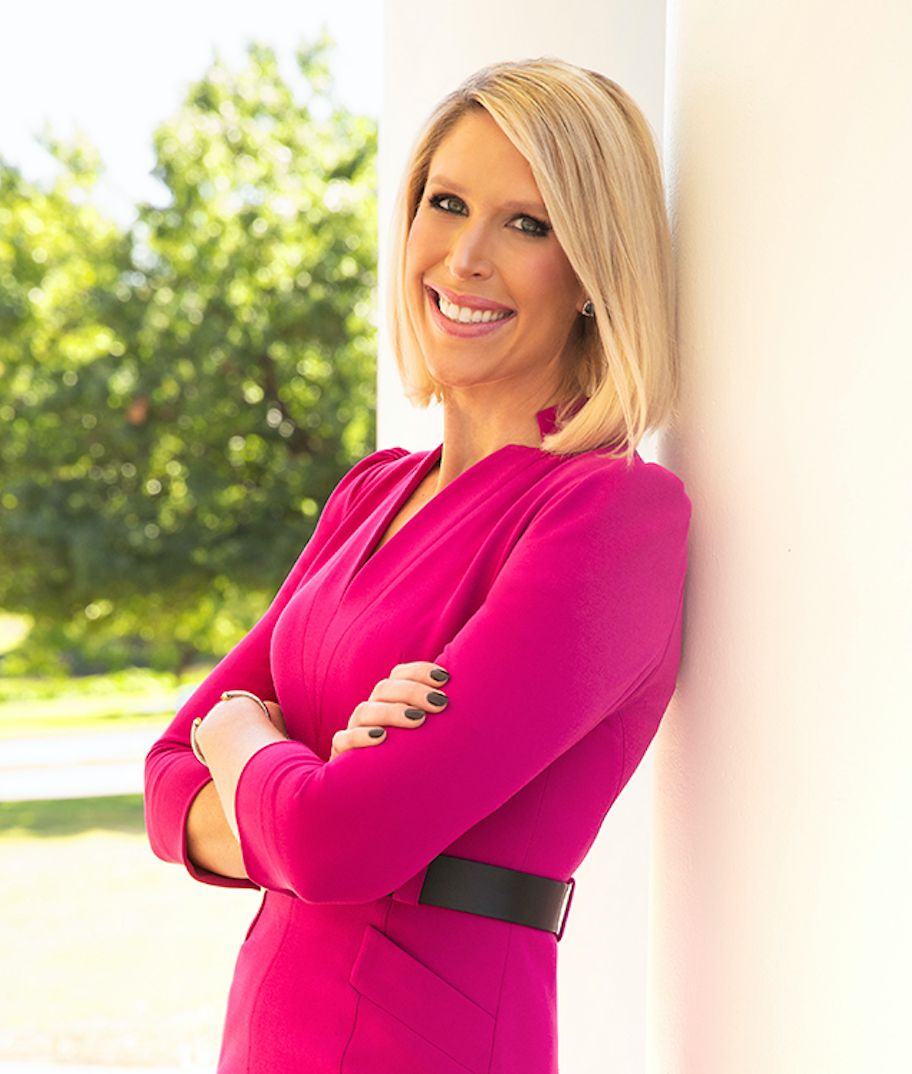DALLAS — On Monday, attorney and women’s rights advocate Michelle Simpson Tuegel filed a lawsuit and a request for a temporary restraining order to block enforcement of the Sept. 1 enactment of Senate Bill 8, also known as the “Texas Heartbeat Bill.” The suit, filed in a Dallas Texas District Court, argues that if any client seeks legal advice on abortion, the bill attempts to block attorneys from performing their duty to provide that advice.
The suit is the first major legal action taken against SB8 to land in state courts.
Two months after Gov. Greg Abbott signed a law banning abortion performed as early as six weeks, more than 20 abortion providers filed a lawsuit against several Texas lawmakers aimed at stopping one of the country’s strictest abortion measures to date.
The suit was filed on July 13 in the U.S. District Court for the Western District of Texas and is set for court in Austin on Aug. 30.
Known as the “heartbeat bill,” SB8 has been heavily criticized because it limits abortion to a time when many women may not yet know they’re pregnant. The bill aims to ban abortion after a fetal heartbeat has been detected — though most medical professionals consider this a misnomer, as a fetus doesn’t possess a heart at six weeks gestation.
One of the unique and controversial features of the bill is that enforcement of the would-be law falls to private citizens, not law enforcement or government institutions. If the law goes into effect next month, any person around the country can sue anyone who “knowingly engages in conduct that aids or abets the performance or inducement of an abortion,” not just the provider.
As plaintiff in the newest suit, Simpson Tuegel argues that the bill intrudes on attorney-client privilege and even extends to her many clients who are survivors of sexual assault, as the bill makes no exceptions in cases of rape or incest.
“This bill is yet another desperate attempt by the state of Texas to undermine a woman’s right to choose — this time by dismantling her legal support system,” she said. “It unlawfully attempts to block attorneys’ communications with their female clients, especially at times when the clients need them the most.”
Simpson Tuegel is being represented by attorneys Jennifer R. Ecklund, Elizabeth G. Myers, and Mackenzie S. Wallace of Dallas
Simpson Tuegel, who represented sexual abuse survivors in high-profile cases such as the Larry Nassar litigation against the U.S. Olympic Committee and USA Gymnastics, said the central question her lawsuit poses is not whether abortion should exist but whether an attorney should be permitted to give advice about state laws to their clients.
“At the heart of an attorney’s role is the ability to give candid, truthful advice, free of coercion and in the best interest of her client,” the suit says. But SB8 has “created a framework that pits attorneys against their own clients” by challenging attorney-client privilege and confidentiality. The law carries a civil liability of at least $10,000 for anyone who provides assistance to a woman in need of an abortion.

“This lawsuit and this case is not really challenging SB8 abortion restrictions themselves, although the courts have consistently held that what this bill does is unconstitutional and we of course believe that,” she said. “But what we're challenging specifically through me — and how this impacts what I do as an attorney — is really how this bill puts me in a position where to provide advice that I have given in the past to victims of sexual assault, abuse and incest regarding their legal access to abortions in the state of Texas now makes me a target. I could be sued under this statute by anybody who decides that they want to sue me.”
Already, anti-abortion organizations like Texas Right to Life are deputizing people across the country to act as plaintiffs in abortion lawsuits. The organization is gathering data on providers, advocacy groups, donors, attorneys, social workers and other prominent pro-choice voices as potential defendants in a suit.
Simpson Tuegel believes she would likely appear on one of these lists. She and her attorneys are requesting a temporary injunction and restraining order.
Proponents of the bill, she pointed out, have for years advocated for tort reform to limit frivolous lawsuits. SB8, she argues, could invite a deluge of legal cases, creating a huge backlog of cases that would severely impact people financially.
One of the unusual provisions of SB8 is that it only allows a plaintiff, not a defendant, to recover attorney’s fees if they win the case. There’s also a provision that allows the plaintiff to decide where they're going to sue, which is the opposite of standard legal practice. Normally, the case would be tried in the city where the offense occurred.
“Women reached out to me who don't become my clients, but who I would provide just some free legal advice to because of the nature of the work that we do,” Simpson Tuegel said. “And that is a pretty sacred blanket. The way that this bill is written, there is no exclusion for attorneys, and I think that was intentional. They could have written that in and they didn't.
“I would hope and think that the courts are going see this and see a real red flag, and that, at a very bare minimum, lawyers have to be able to advise clients and communicate and provide resources, especially to sexual assault victims, which this bill does not exclude,” she added. “It only says that the rapist, if proven beyond a reasonable doubt, can't sue them.”
